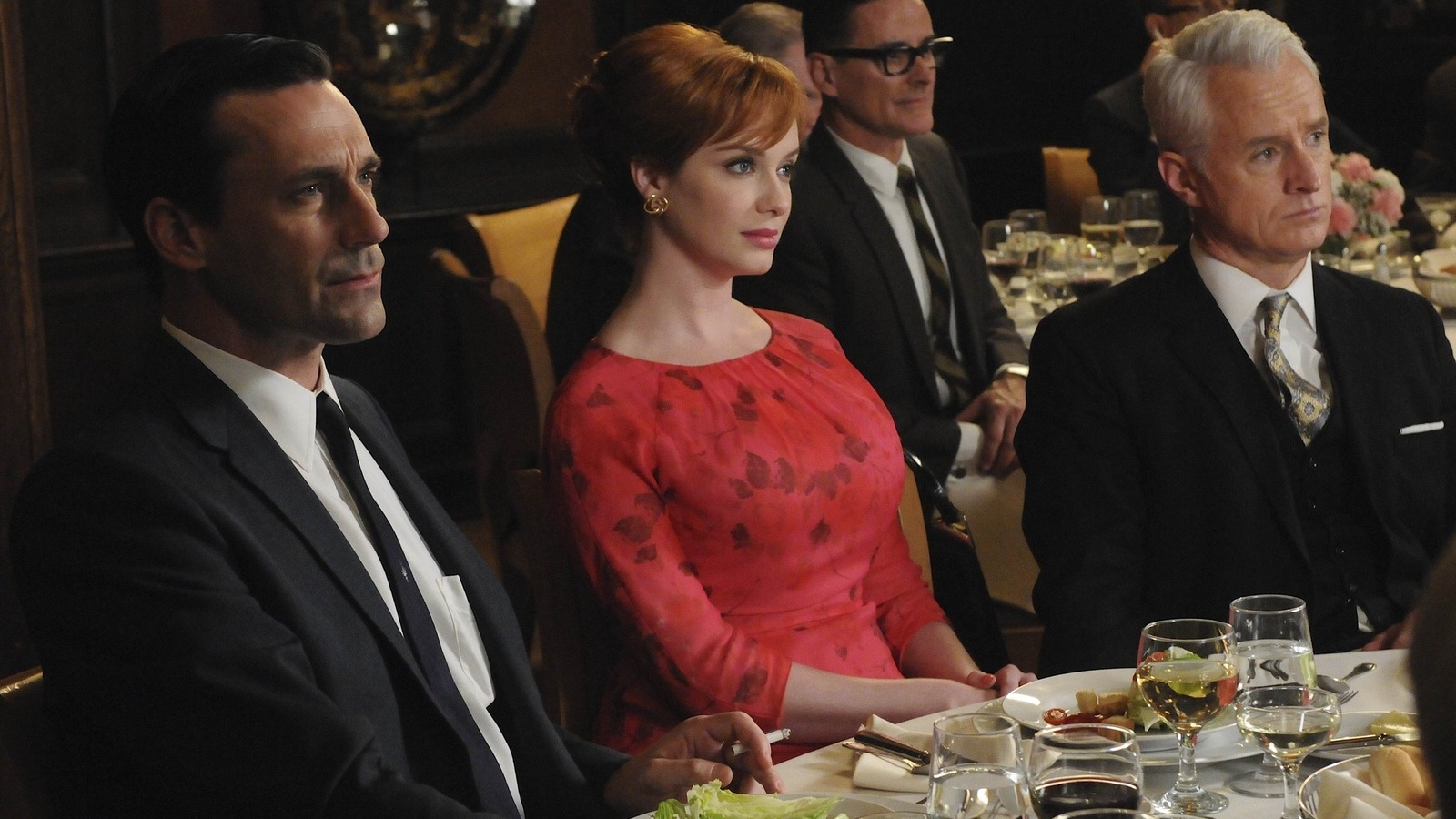
In the world of “Mad Men,” one character who captured the audience’s attention was Salvatore Romano, played by Bryan Batt. Fans were left speculating about a potential return for Sal, but the hopes for his revival were ultimately dashed. While “Mad Men” has celebrated strong female narratives surrounding characters like Peggy and Joan, its treatment of LGBTQ characters has often been scrutinized. Sal and others, like Bob Benson, despite being compelling figures, faced rather bleak story arcs. Bob, for example, goes through the entire series without finding love, while Joan’s lesbian friend faces rejection when trying to come out.
Salvatore Romano stands out as the show’s most notable gay character, but his journey is fraught with hardship. After keeping his sexual orientation a secret for two and a half seasons, Sal is forced to confront his reality. Rejecting the advances of Lee Garner, Jr., a powerful executive, results in him being unceremoniously fired, leaving viewers to ponder his future.
In what could have been a pivotal moment, Sal’s fate seemed ripe for exploration. He turns to Don Draper for support, who ironically does not come through, reflecting the societal attitudes of the time. Sal’s last scene hints at a personal reckoning as he vows to return home to his wife, but the underlying message suggests he is grappling with his identity and the inevitable collapse of his marriage.
This opened the door for speculation about where Sal’s story could have gone had he returned. Bryan Batt reminisced in an article that showrunner Matt Weiner had plans for Sal’s character to evolve—possibly even as a successful director. Batt envisioned a future where Sal would embrace his true self, perhaps after facing significant losses, including the death of his mother, which could serve as a catalyst for transformation.
Batt’s reflections find parallels between Sal and other characters, particularly Betty Draper. Betty’s journey of self-discovery is influenced by her mother’s passing, prompting her to seek more from life. Similarly, Sal’s potential evolution could mirror this theme of breaking away from societal expectations.
The timing of the series, set against the backdrop of the 1960s, plays a crucial role in character development. Just as Don Draper faces a personal crisis following major historical events, Sal could have experienced his own awakening amidst the cultural shifts of the era.
Yet, there remains a certain ambivalence about Sal’s possible return. Batt noted how some returning characters faced disappointing arcs, hinting that providing closure for Sal might detract from the poignant weight of his exit. The risk of a sad revelation about his post-Sterling Cooper life could tarnish the character’s legacy.
In the end, Sal remains a figure of unfulfilled potential, leaving fans to imagine a brighter future for him. Although his story concluded off-screen, the absence of a definitive ending allows for the hope that Sal did indeed find the happiness he deserved, rather than being subjected to the harsh realities faced by some returning characters in later episodes. Thus, the narrative surrounding Salvatore Romano remains both a tragic reflection of the time and a testament to the complexity of identity.



